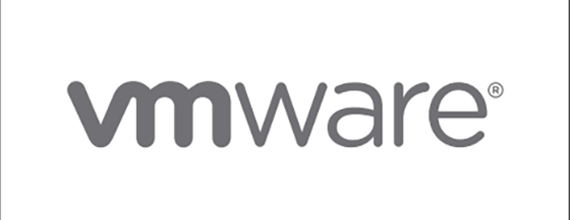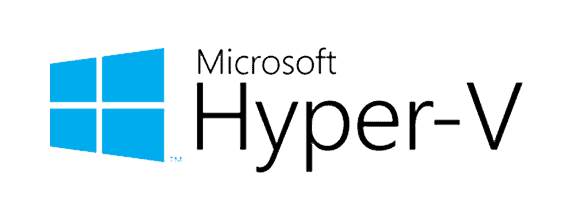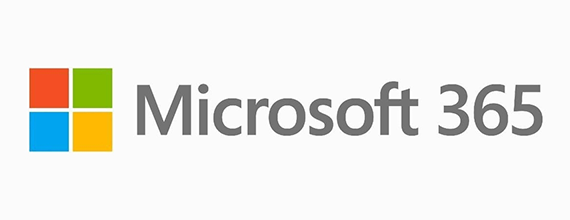Cloud Solutions
Understanding cloud technology...
Cloud technology refers to the use of remote servers hosted on the Internet to store, manage, and process data and applications, providing on-demand access to computing resources.
For businesses, adopting cloud technology offers numerous benefits. It allows them to easily scale their IT resources, reducing the need for upfront capital investment in hardware and infrastructure. Businesses can also benefit from improved accessibility, as cloud services can be accessed from anywhere with an Internet connection, enabling remote work and collaboration.
Cloud technology also provides robust data backup and recovery solutions, enhancing data security and disaster recovery capabilities. Most cloud-based solutions come with cost-effective subscription models, eliminating the need for extensive IT expertise, and reducing overall IT expenses — while also ensuring businesses can leverage enterprise-level services and innovation to stay competitive in the market.




Cloud Services & Server Virtualization
Server virtualization is a technology that enables the creation of virtual machines (VMs) on a single physical server or host. Each VM operates as an independent and isolated server, complete with its own operating system, applications and resources, even though they all share the same physical hardware. The virtualization process is facilitated by a hypervisor (i.e., VMware, Hyper-V), which is a software layer that manages the allocation of physical resources to the virtual servers.
Benefits of server virtualization:
Cost Savings
Server virtualization allows businesses to consolidate their physical servers into fewer machines, reducing hardware and maintenance costs. It also improves hardware utilization, optimizing the use of existing resources.
Scalability
Virtual servers can be easily scaled up or down to accommodate changing workloads and business needs without the need to purchase additional physical hardware.
Energy Efficiency
Fewer physical servers result in lower power and cooling requirements, reducing energy consumption and operational costs for businesses.
Faster Provisioning
VMs can be provisioned and deployed rapidly compared to traditional physical servers, speeding up the deployment of new applications and services.
High Availability
Virtualization technologies often include features like live migration, failover, and load balancing, ensuring high availability and minimizing downtime.
Disaster Recovery
VM snapshots and backups are easier to manage, making disaster recovery planning and implementation more efficient and reliable.
Explore cloud options for your business.
The cloud is a cost-effective solution for working remotely, collaborating, disaster recovery, and eliminating or consolidating on-site servers. Regardless of your reason for exploring the cloud, MOBE Systems will help you find the perfect cloud solution for your business.
CLICK HERE to learn more about the cloud. We can also help you explore multiple cloud solutions to determine which option is right for your business.
Microsoft 365 | Email Migration
Most of our clients have moved to Microsoft 365 (formerly Office 365) in order to take advantage of Microsoft software (i.e., Word, Excel, Outlook) in a cloud setting. This allows for greater collaboration and productivity whether in the office or working remote.
Migrating your business email system to Microsoft 365 can be tricky and requires experience and expertise. Our MS365 team has handled dozens of email migrations and can handle the entire process from beginning to end — pain free and with zero data loss!
Microsoft Azure
Microsoft Azure can help small businesses by providing a scalable, cost-effective, secure, and reliable cloud platform that supports their IT infrastructure and business growth. It offers a wide range of services and tools to improve efficiency, productivity, and competitiveness.
Google Cloud | G-Suite
Google Cloud is another cloud option that is growing in popularity. Google Cloud can assist small businesses by offering a scalable and cost-effective cloud platform with a suite of tools for data storage, analytics, and collaboration, helping them streamline operations and compete more effectively in the digital age. With Google Cloud’s global infrastructure and AI capabilities, small businesses can access advanced technology resources to innovate and grow their operations.
Amazon Web Services (AWS)
Amazon Web Services (AWS) provides a comprehensive cloud computing platform that can help small businesses by offering scalable and cost-efficient infrastructure, enabling them to grow without the need for significant upfront investments in hardware.
AWS also provides a wide range of services, including data storage, machine learning, and analytics, empowering small businesses to access advanced technology tools to enhance their operations and competitiveness.






